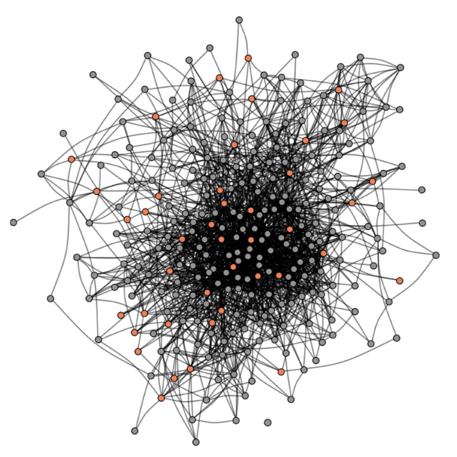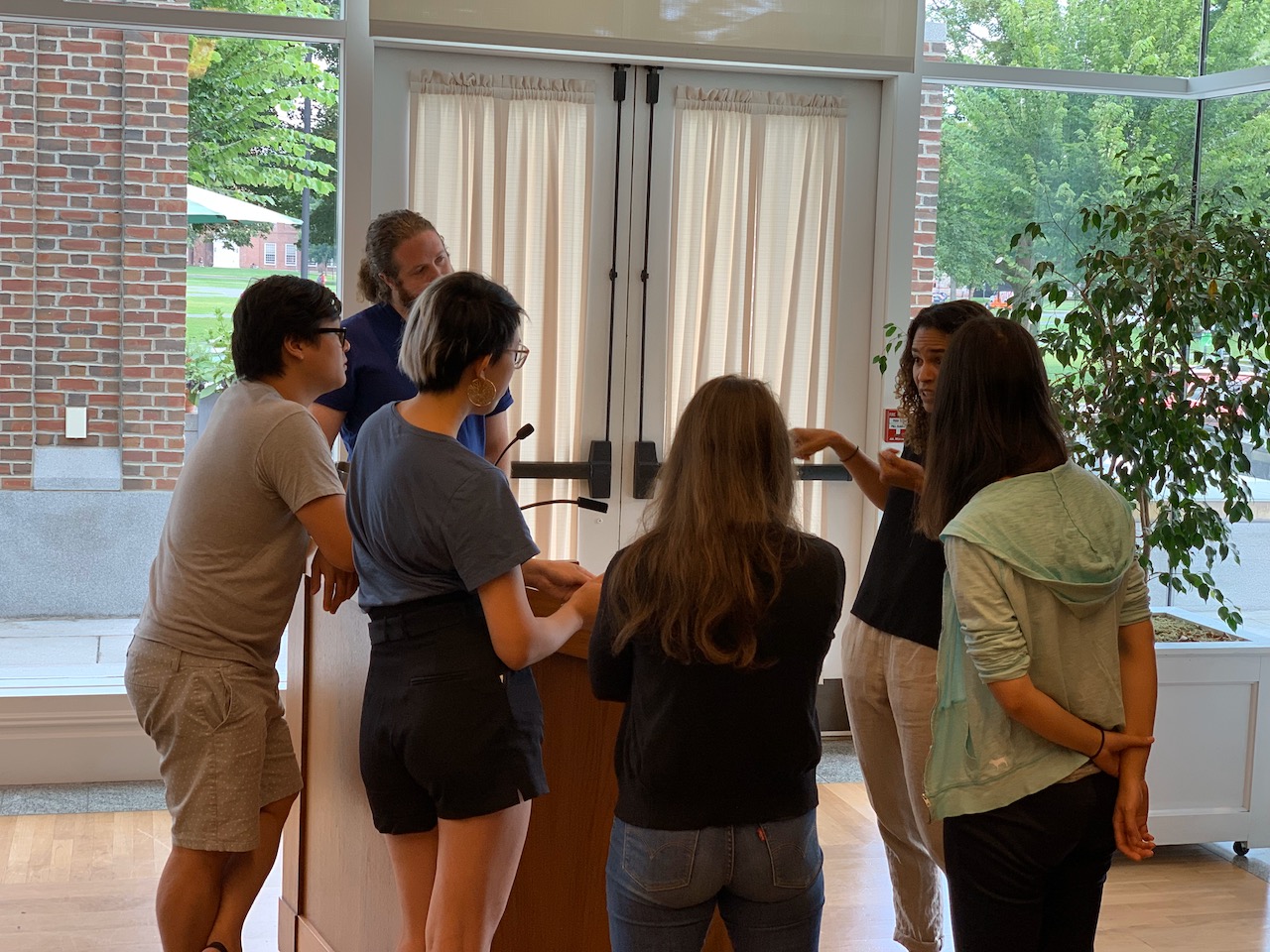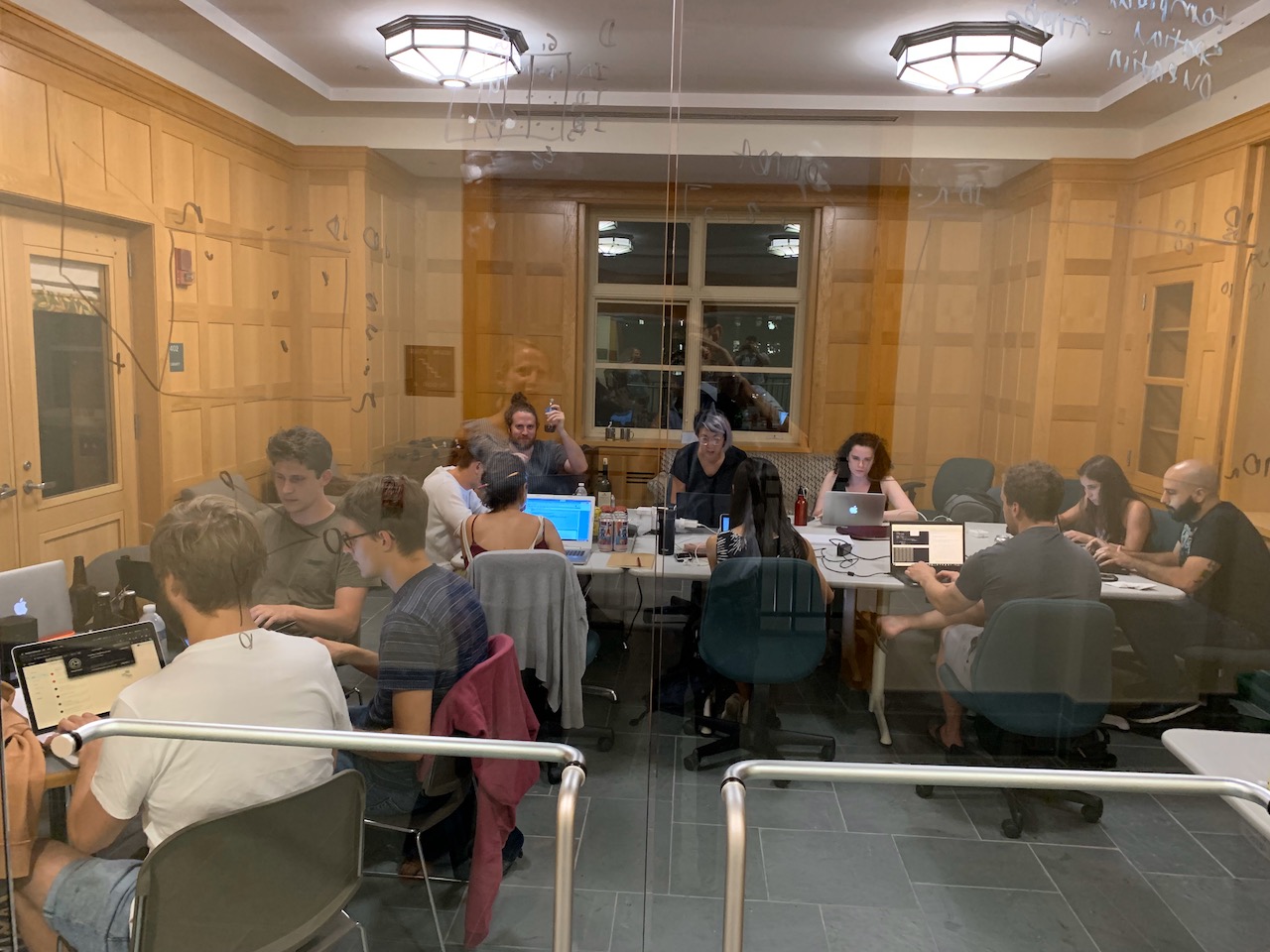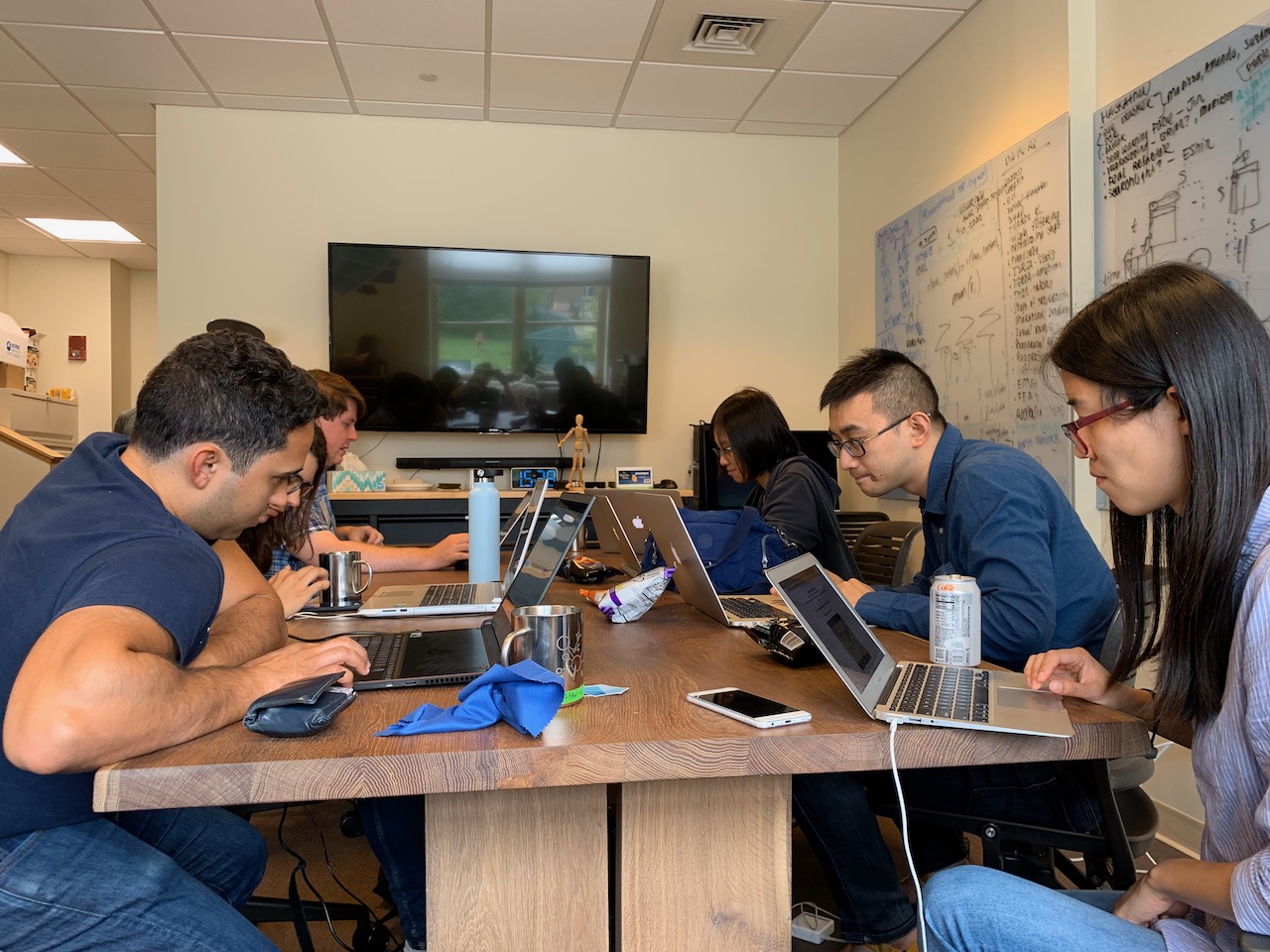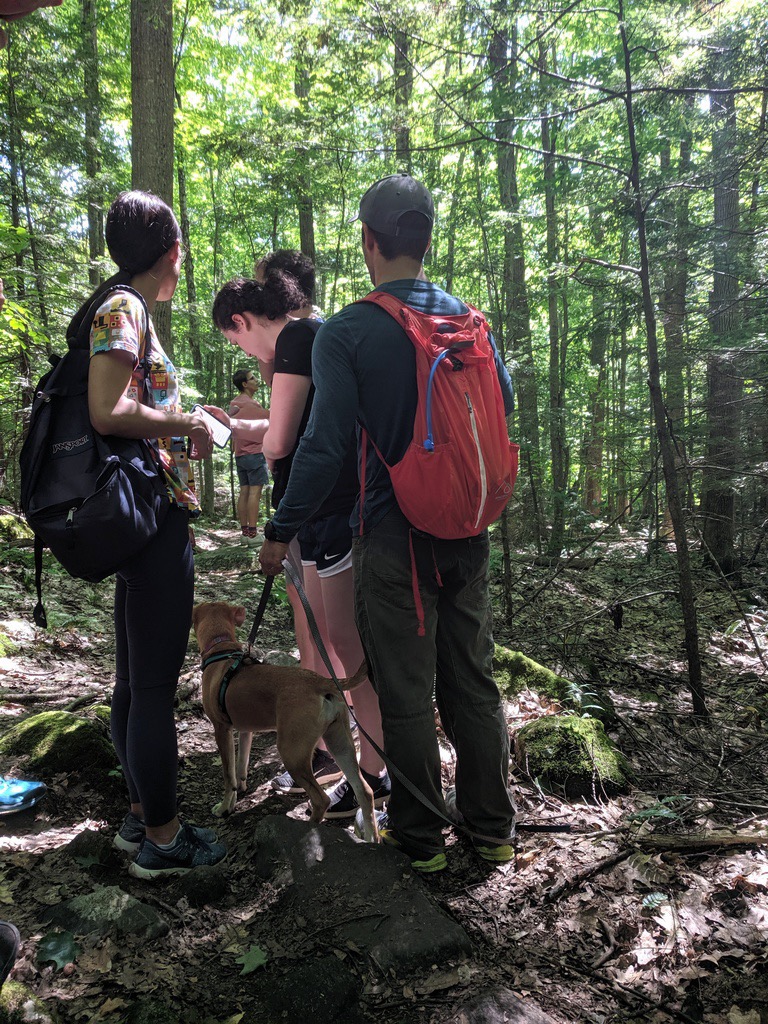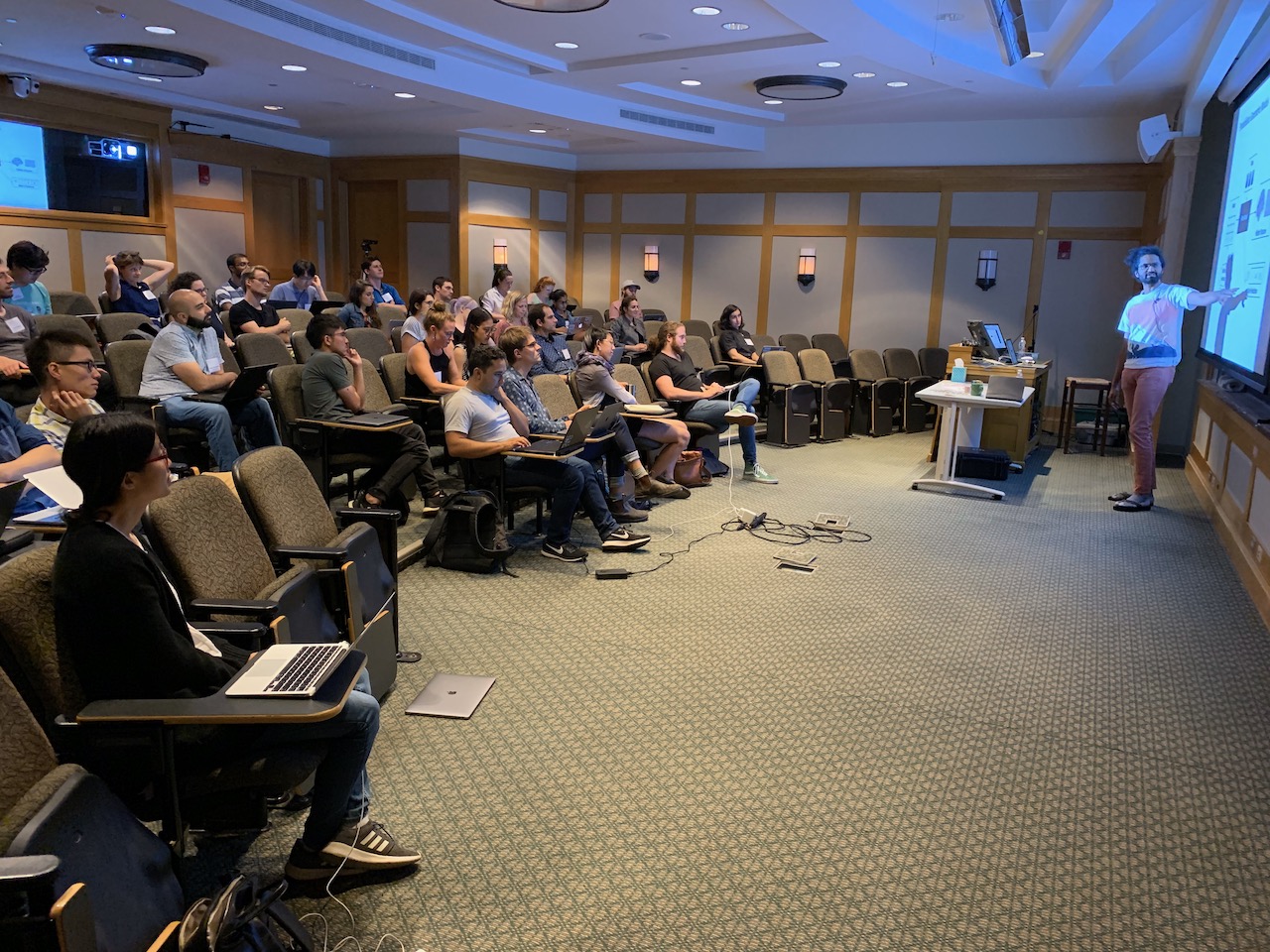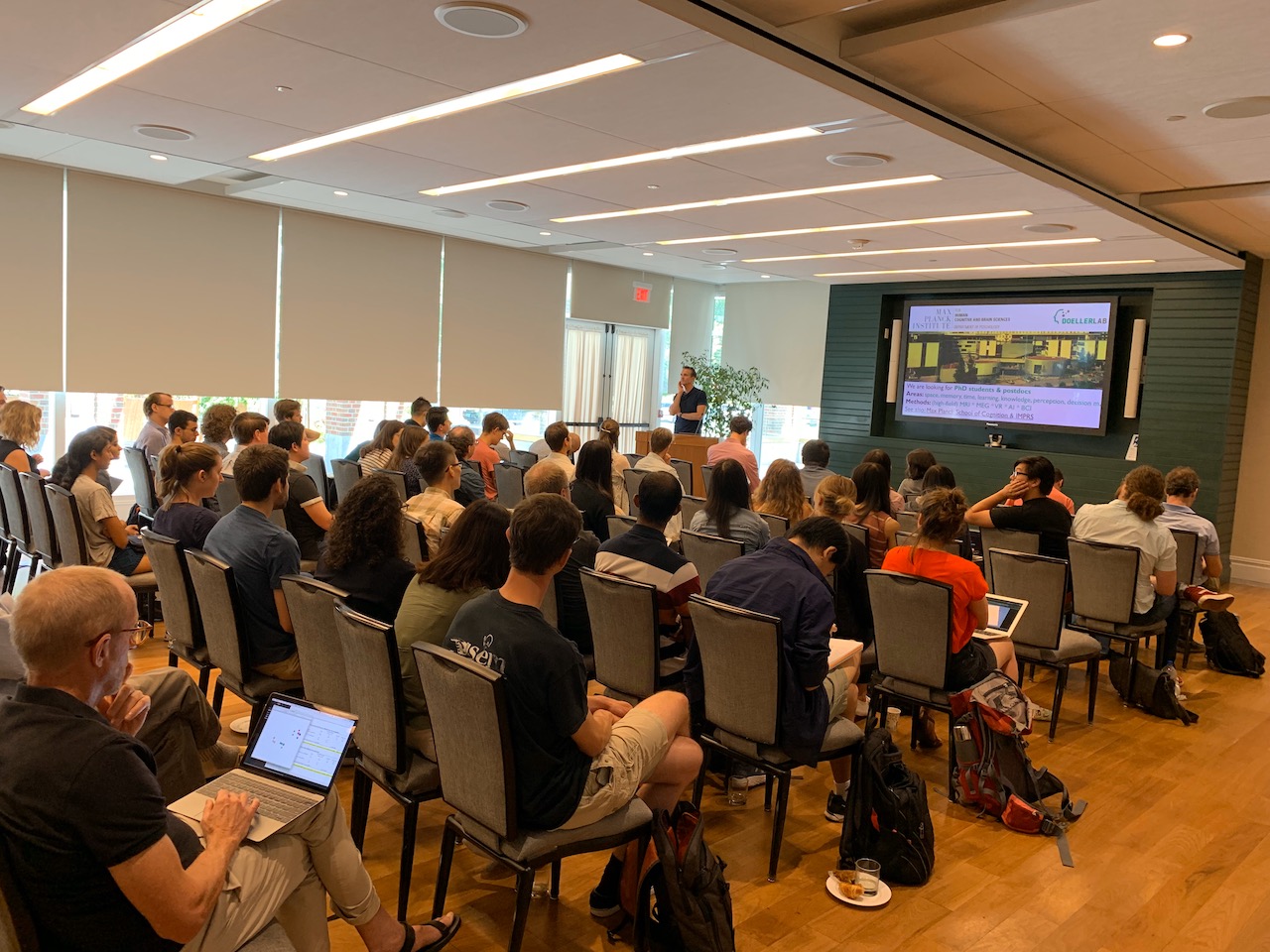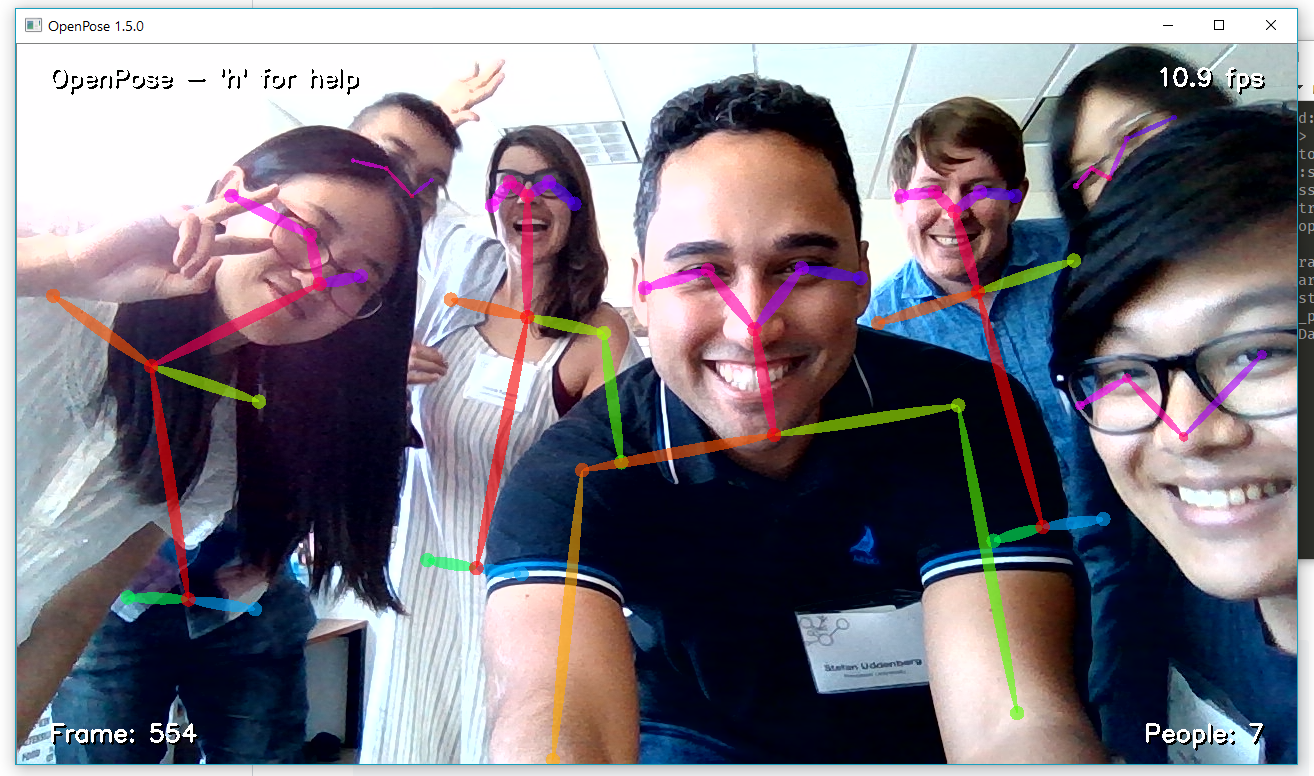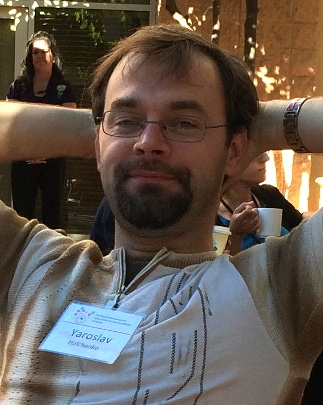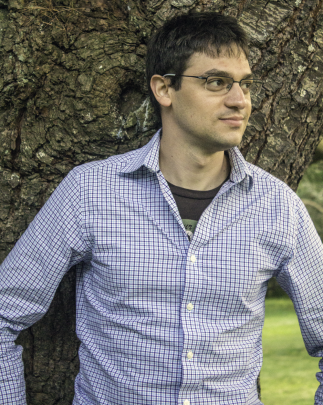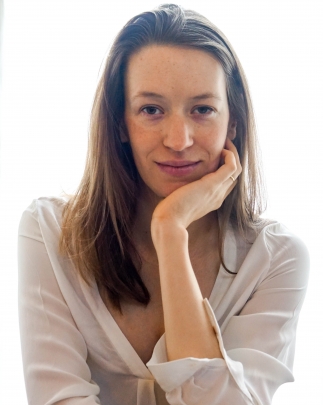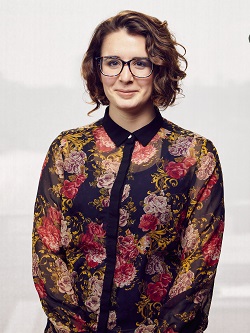Cognitive Maps
In 2019, we focused on understanding cognitive maps. Cognitive maps are most commonly associated with the representation and navigation of physical space, but the concept of a map is more generally concerned with how experience is organized to form knowledge. Tantalizingly, it seems that the neural encoding of physical space may also underlie the organization of conceptual and social spaces. We explored tools to study what principles govern the learning, organization, and application of such maps, and to probe their neural underpinnings.
Participants
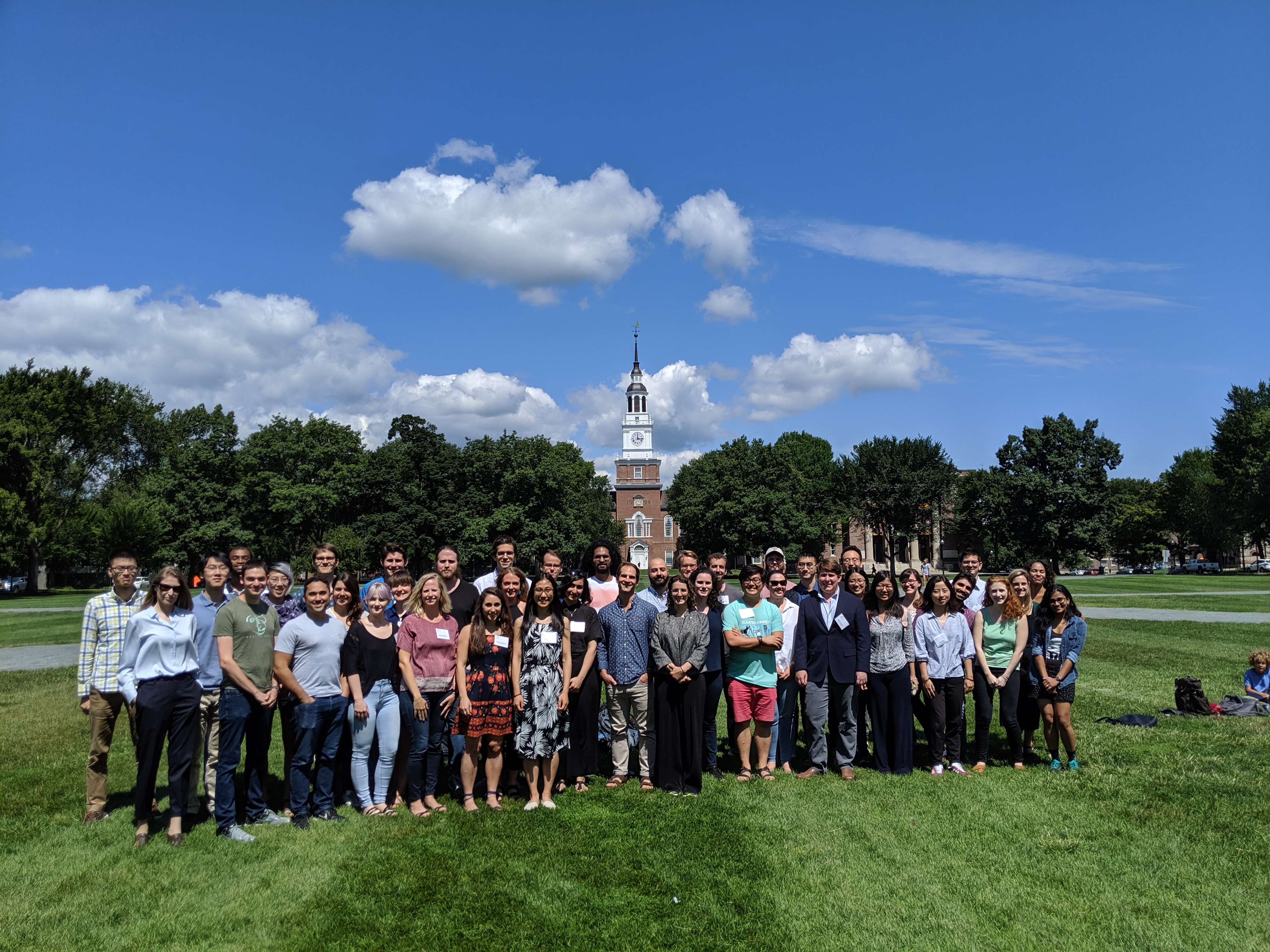
Sasha Brietzke, Clara Colombatto, Jordan Crivelli-Decker, Emanuela De Falco, Meng Du, Catarina Ferreira, Paxton Fitzpatrick, Christoffer Gahnstrom, Xiaochun Han, Peter Hitchcock, Patrick Lachance, Julie Lee, Lauren Mueller, Kate Nussenbaum, Monika Riegel, Matthew Schafer, Katherine Sherrill, Jae-Young Son, Mingyu Song, Adam Steel, Dev Subramanian, Stefan Uddenberg, Jeroen van Baar, Fang Wang, Yin Wang, Emil Wärnberg, Lennart Wittkuhn, Xinming Xu, Ziyi Zhu, Futing Zou
Faculty
Dartmouth College
Max Planck Institute for Human Cognitive and Brain Sciences
Dartmouth College
New York University
Dartmouth College
Dartmouth College
New York University
Dartmouth College
Columbia University
University of California Los Angeles
New York University
University of Minnesota
Dartmouth College
Mount Sinai School of Medicine
DeepMind
Dartmouth College
Princeton University
Dartmouth College
Dartmouth College
University of Arizona
Tutorials
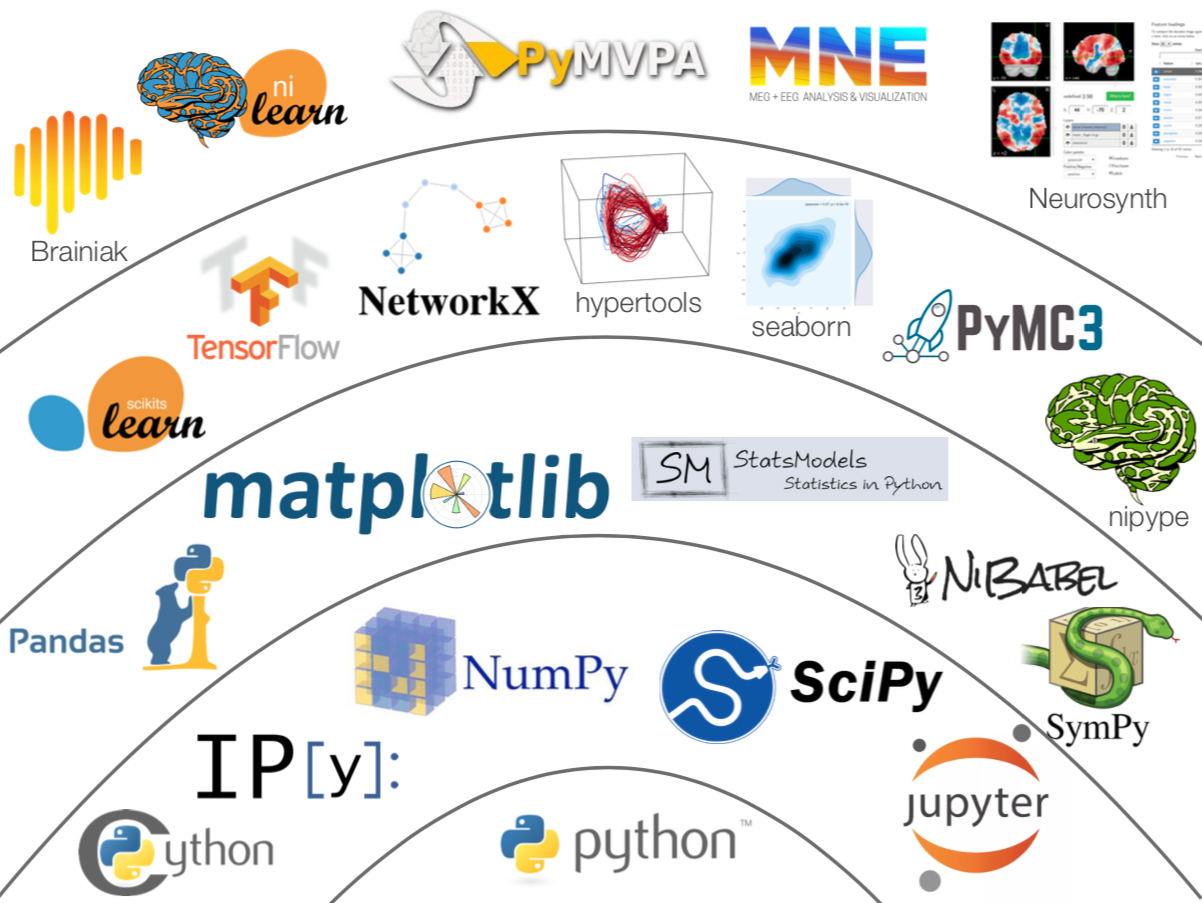
by: Luke Chang
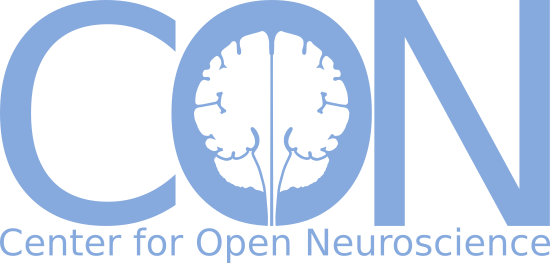
by: Yarik Halchenko

by: Eshin Jolly

by: Jin Cheong & Vassiki Chauhan

by: Lucy Owen

by: Jeremy Manning
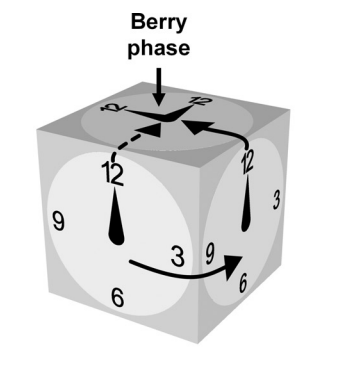
by: Jeffrey Taube

by: Christian Doeller
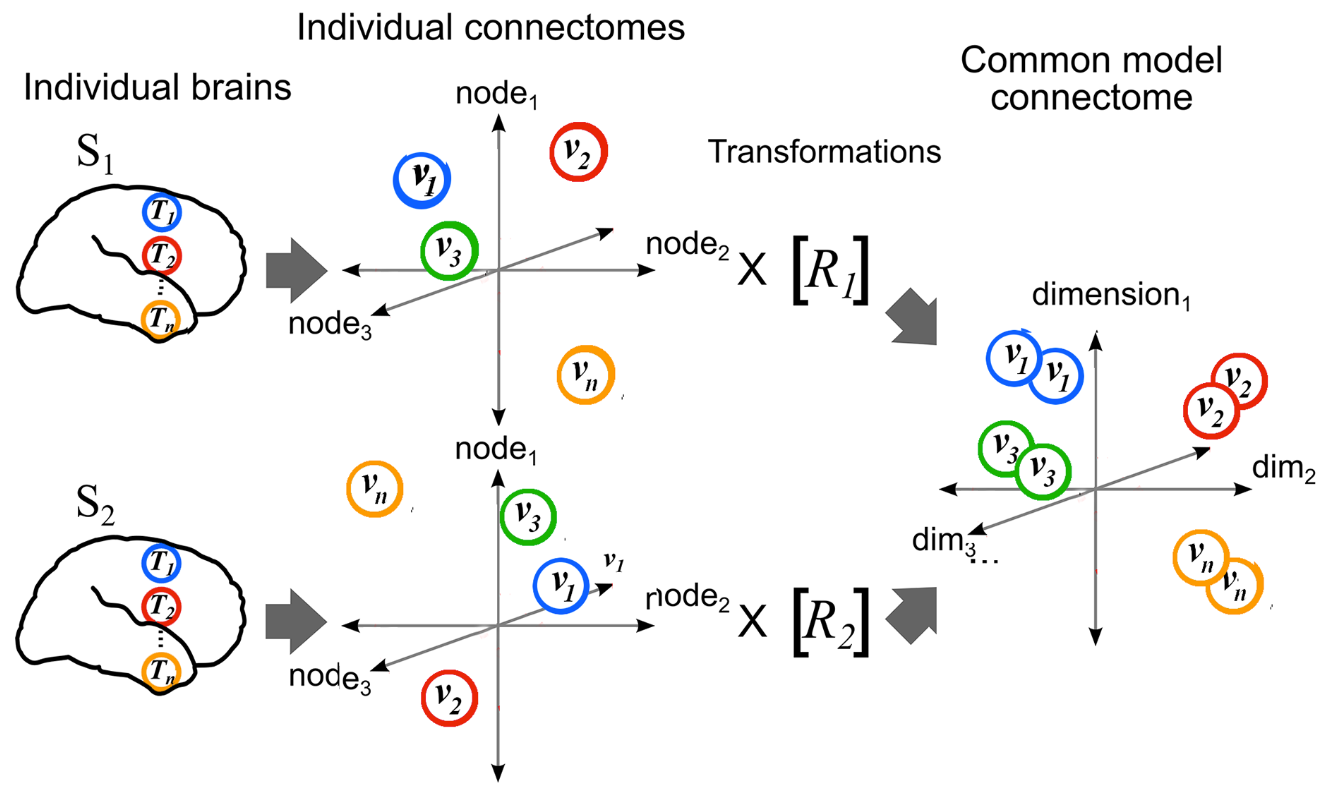
by: James Haxby
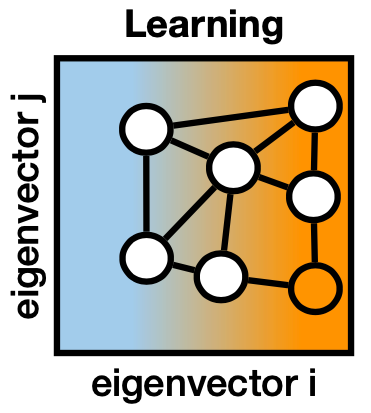
by: Kim Stachenfeld

by: Kim Stachenfeld
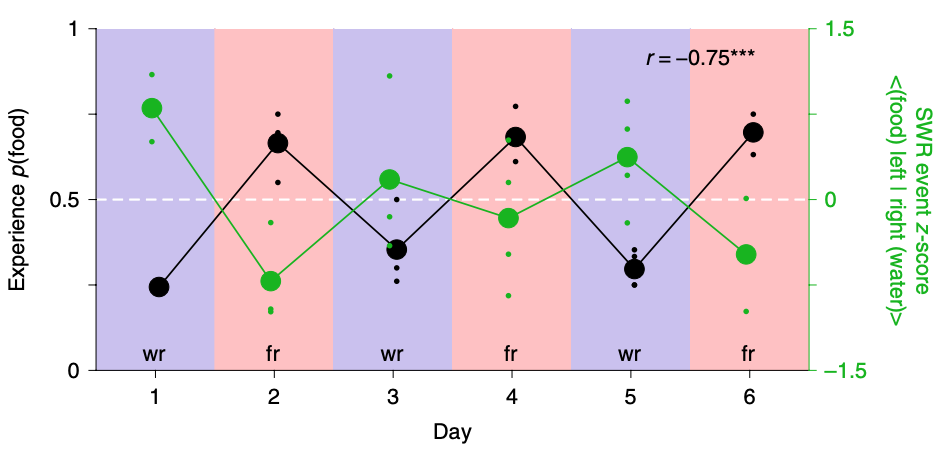
by: Matt van der Meer

by: Jeremy Manning
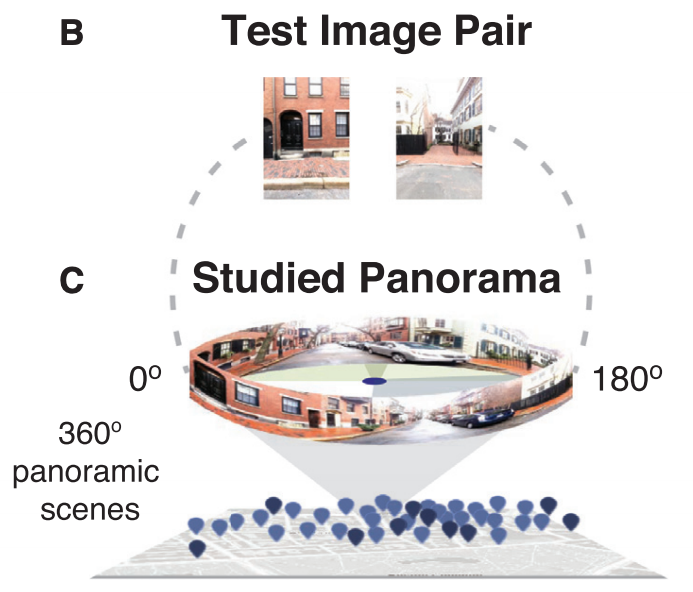
by: Caroline Robertson
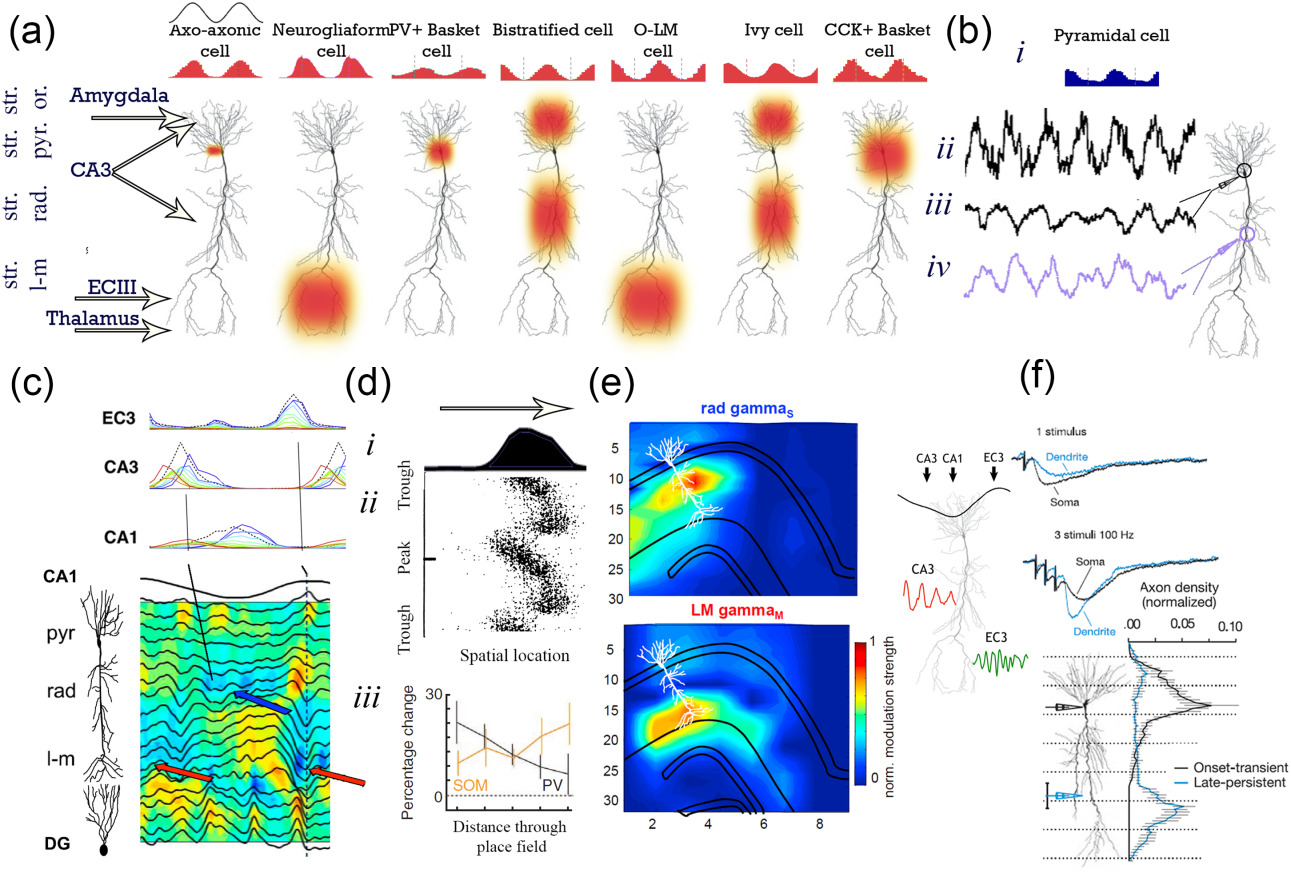
by: Sam McKenzie
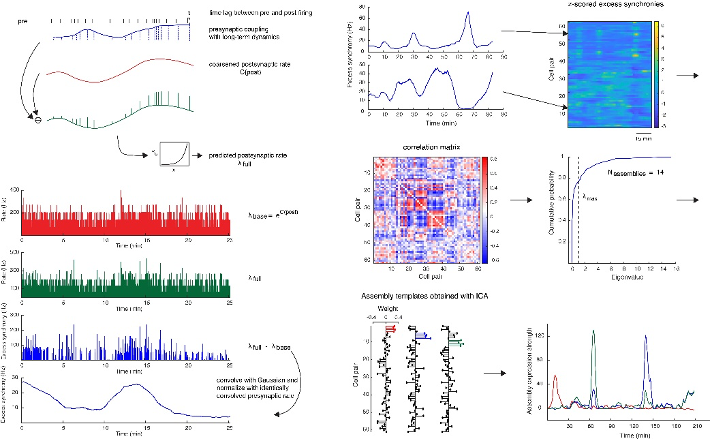
by: Sam McKenzie
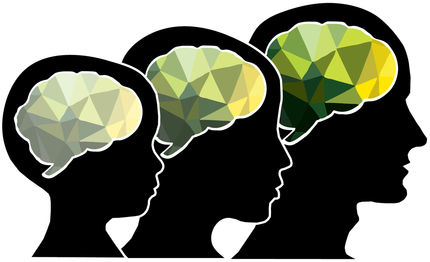
by: Cate Hartley
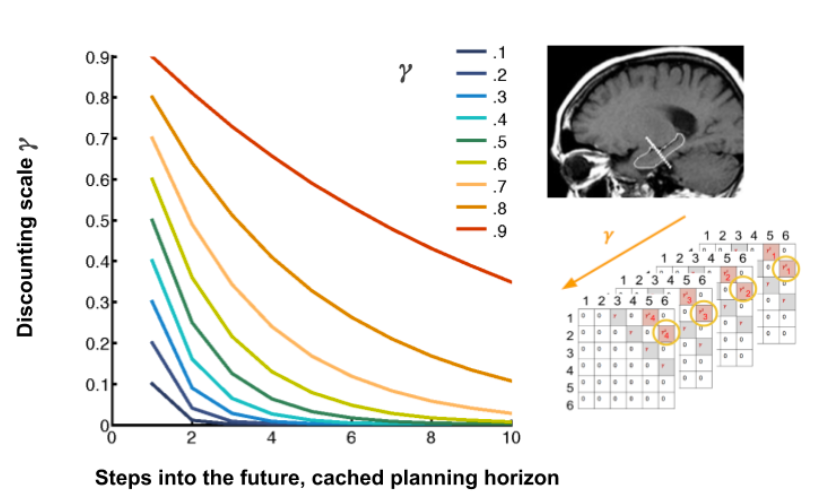
by: Ida Momennejad

by: Robert Wilson
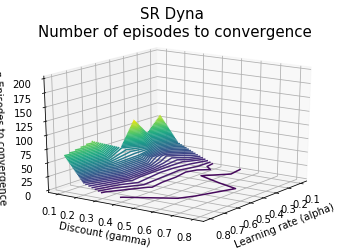
by: Ida Momennejad
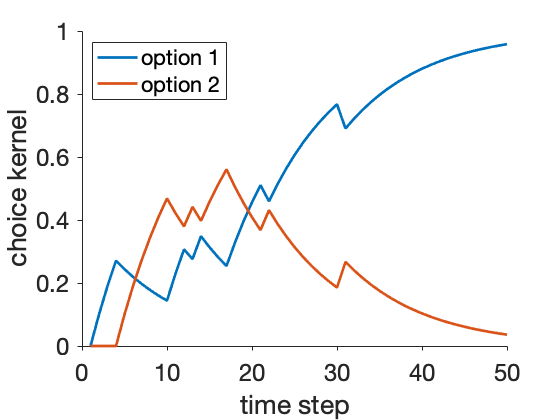
by: Robert Wilson
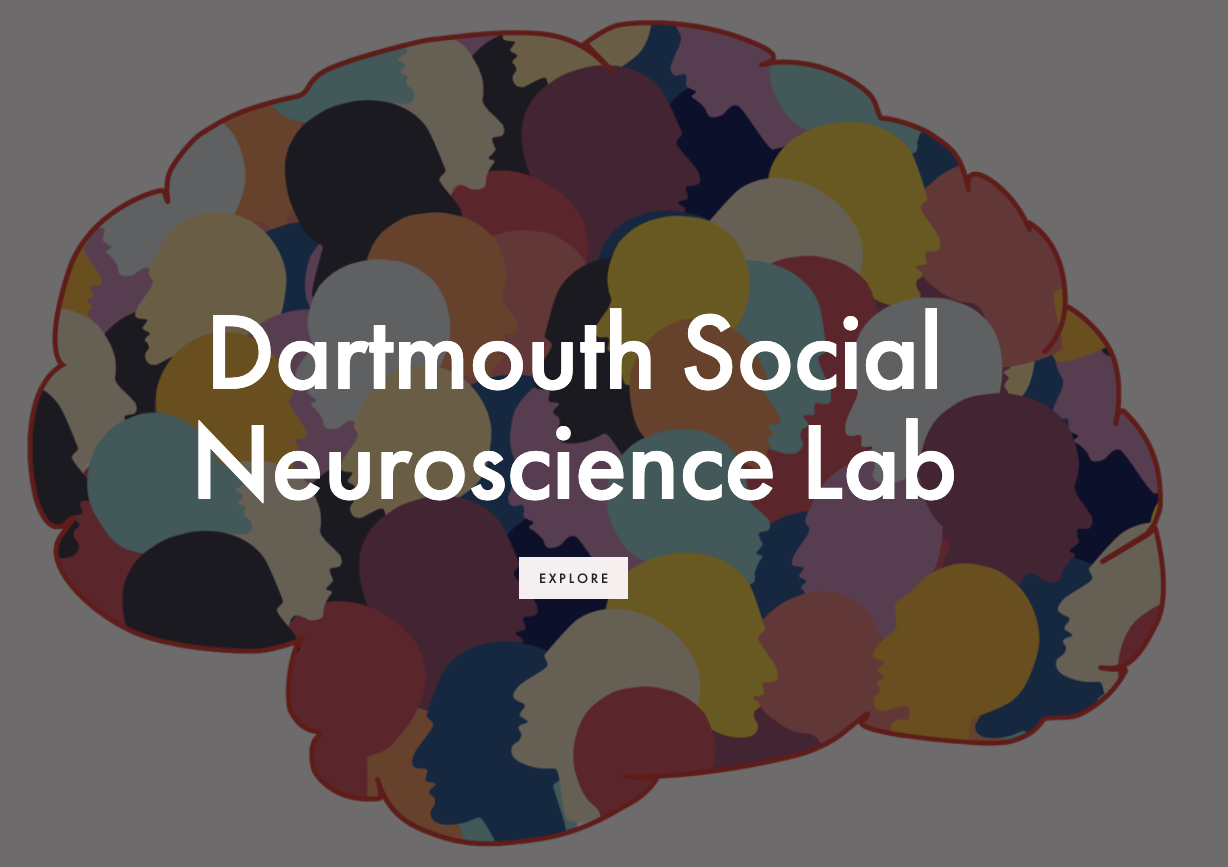
by: Meghan Meyer
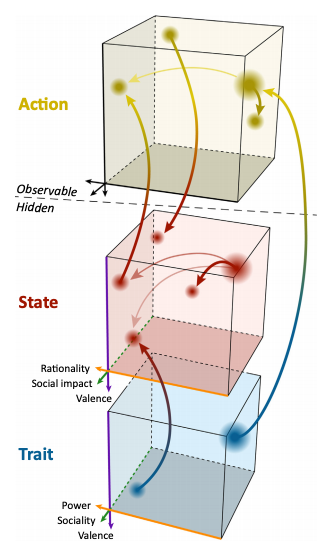
by: Mark Thornton
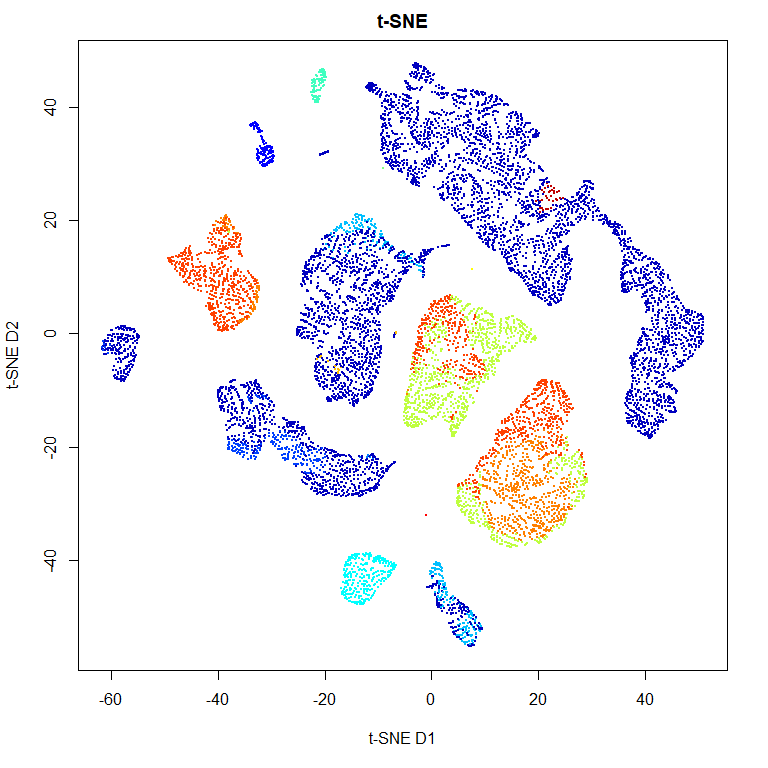
by: Mark Thornton
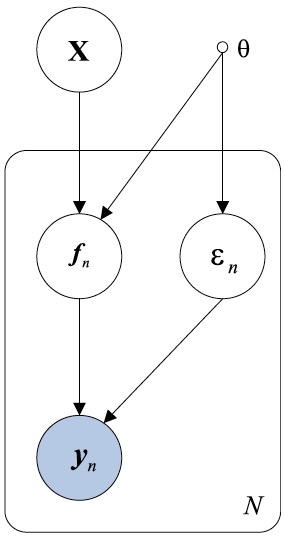
by: Rajesh Ranganath
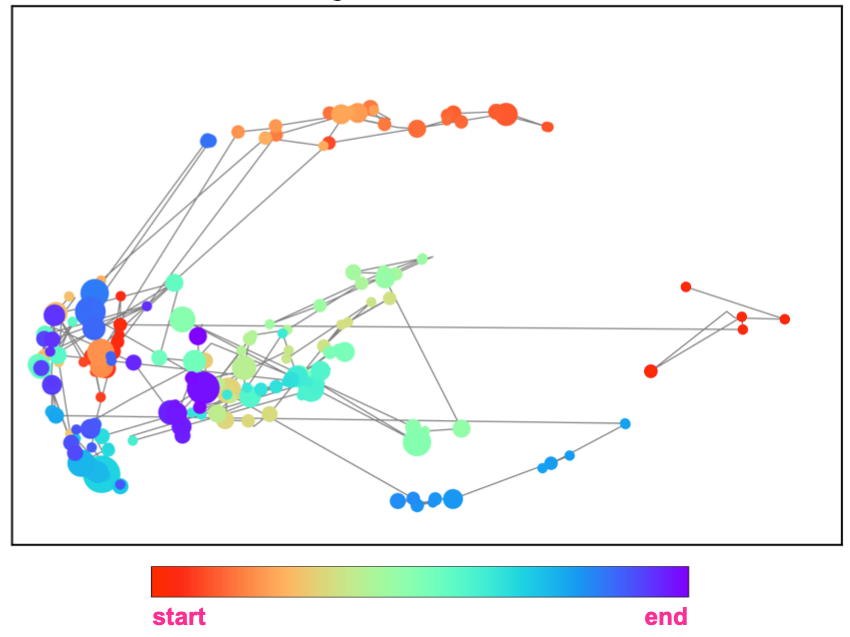
by: Thalia Wheatley
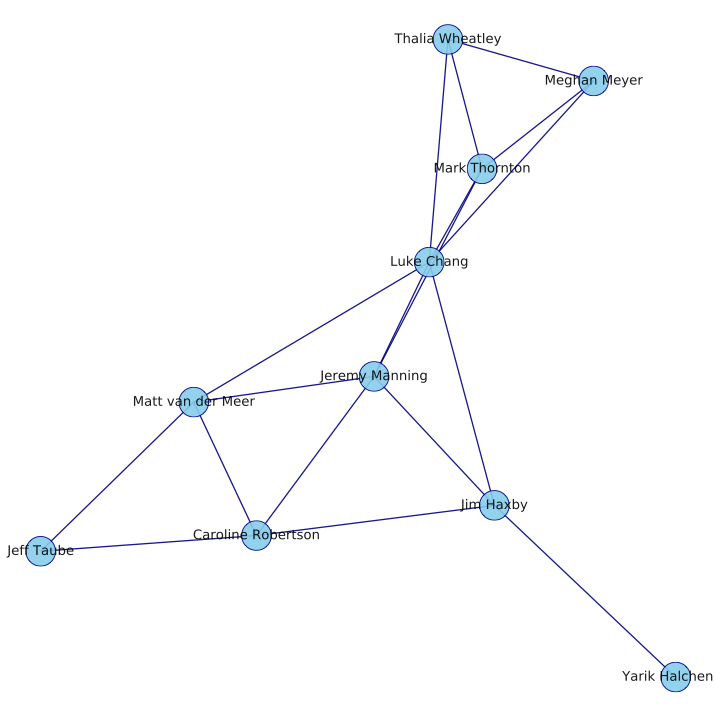
by: Luke Chang
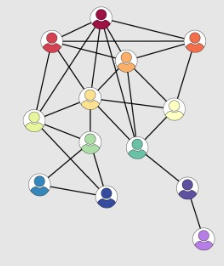
by: Carolyn Parkinson
